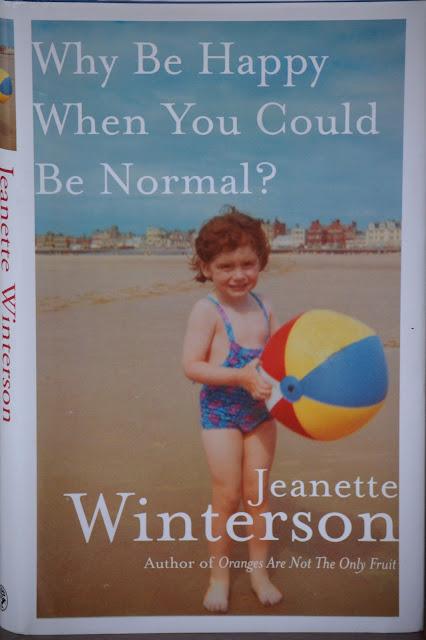
Nutmeg - such an unassuming spice, a jar will set you back about £1.50. I'd never really given it much thought until I read this book. Nathaniel's Nutmeg, traces the spice trade back in the 17th Century and has made me look at my spice rack in a completely new light. Back then Nutmeg was advertised as a cure for many trifling ailments - flatulence and the like, but when the physicians of Elizabethan London claimed that it was the only certain cure for The Plague, it rocketed in price and became the most coveted spice of all.
 This is a fascinating account of England's part in the spice race - the attempt to gain control over the few small islands on which the fussy nutmeg tree then grew and to bring riches to those involved in the trade. It wasn't easy, the route was long and difficult and the Portugese and Spanish were not keen to relinquish their control of the trade. The English were late to the party and were joined by a tenacious adversary in the shape of the Dutch.
This is a fascinating account of England's part in the spice race - the attempt to gain control over the few small islands on which the fussy nutmeg tree then grew and to bring riches to those involved in the trade. It wasn't easy, the route was long and difficult and the Portugese and Spanish were not keen to relinquish their control of the trade. The English were late to the party and were joined by a tenacious adversary in the shape of the Dutch. The first half of the book focuses on the trials and tribulations of the East India Spice Company. Their search for the islands was costly. After 10 years, these merchant adventurers had lost one third of their ships and 800 of the 1200 men who had set sail. Two captains had died and only one ship had even managed to reach the distant Banda island, home to the nutmeg tree.
It wasn't exactly a barrel of laughs for the sailors either. If storms; scurvy; typhoid; dysentary (or the bloody flux as it was then aptly named); pirates; or months in the doldrums didn't finish them off, then attacks by Dutch and Portugese ships might do the job. The pay was poor and they stood the chance of not seeing their homes and families for up to three years at a stretch, if they were indeed lucky enough to survive the trip.
 |
| One captain, kept his crew relatively healthy by feeding them lemon oil. Sadly this cure for scurvy wasn't used by other captains for another 50 years |
Nathaniel Courthope
The eponymous Nathaniel is a tragic character who appears late in the book. He was a factor who refused to give in to the Dutch. He and his men lay under seige on the Indonesian island of Run, for almost 4 years, low on food and drinking filthy water, before he was finally murdered by the Dutch. His part in the whole story seems at first to be a relatively minor one in the complex history of bluff and double bluff with the leaders and chieftans of the spice islands. However, his murder and the subsequent torture and execution of his men nearly brought England and Holland to war. |
| Run, the Island on which Nathanial Courthope and his men were trapped. |
In the end, this book seems to be less about nutmeg and more about the brutal workings of colonialism and the towering presumption on the part of the English and the Dutch that they had a right to control and plunder other people's lands. As you would expect, the story descends pretty quickly into ugly treatment of the indigenous people. It was little wonder that they surrendered power to protect themselves against the heinous deeds of the Dutch or English occupiers.
So what did I learn from this book? First, that the nutmeg tree actually provides 2 spices - nutmeg and mace. Secondly, it would seem that we are using torture methods today pretty similar to those used in the 1600s. And finally and rather surprisingly, in order to settle their differences over the death of Nathanial Courthope, the English conceded control of a tiny island in the East Indies to the Dutch in exchange for what turned out to be a rather more influential island .... Manhattan.
Now that really was a deal that would change the course of history.
Nathaniel's Nutmeg How one man's courage changed the course of history. Sceptre (New Edition 2000)
Other books on my shelf....
 |
| In a similar vein.... Salt |
 |
| Other plants that changed the world Seeds of Change: Plants that transformed mankind |





